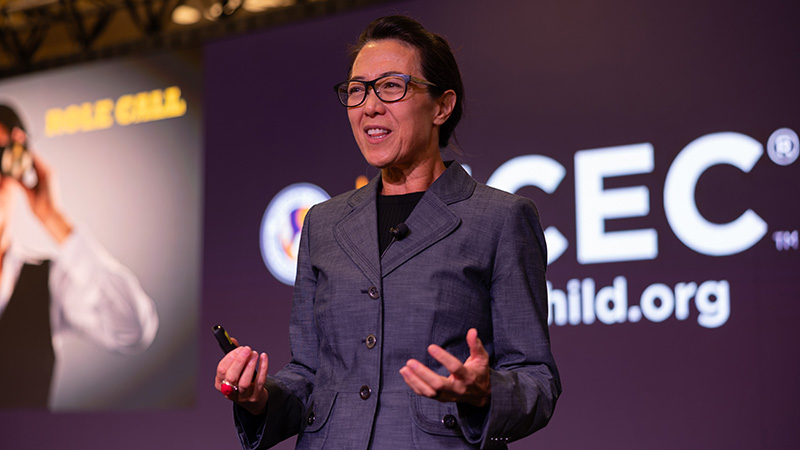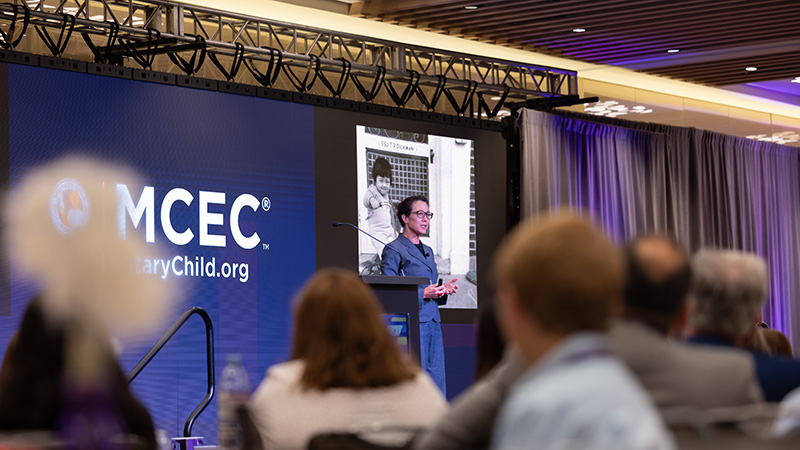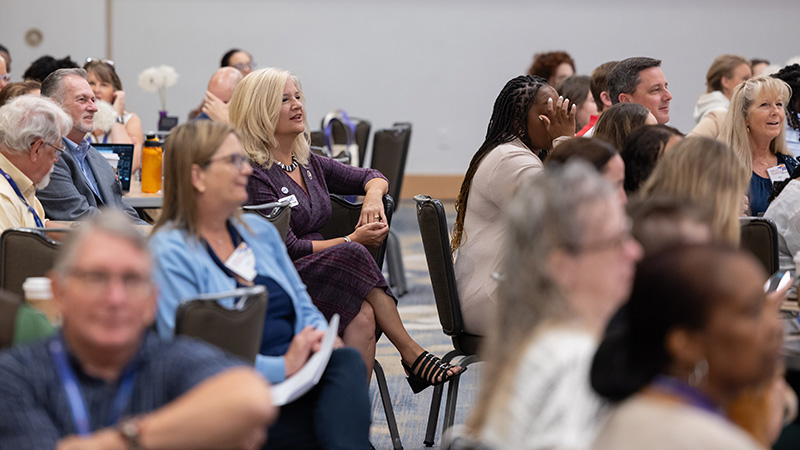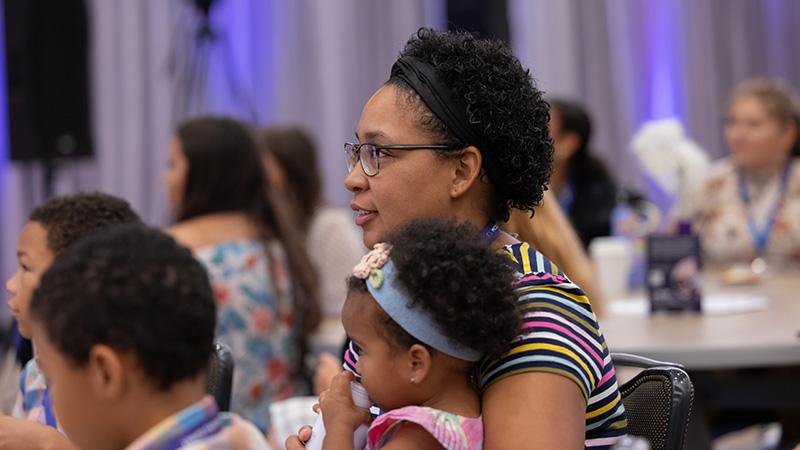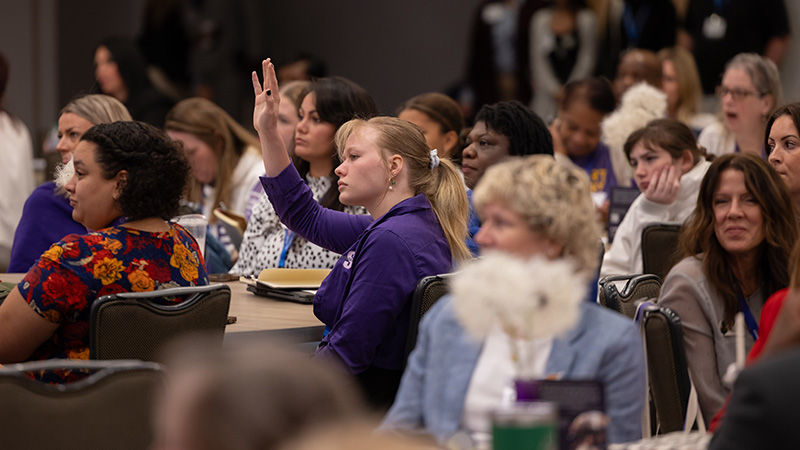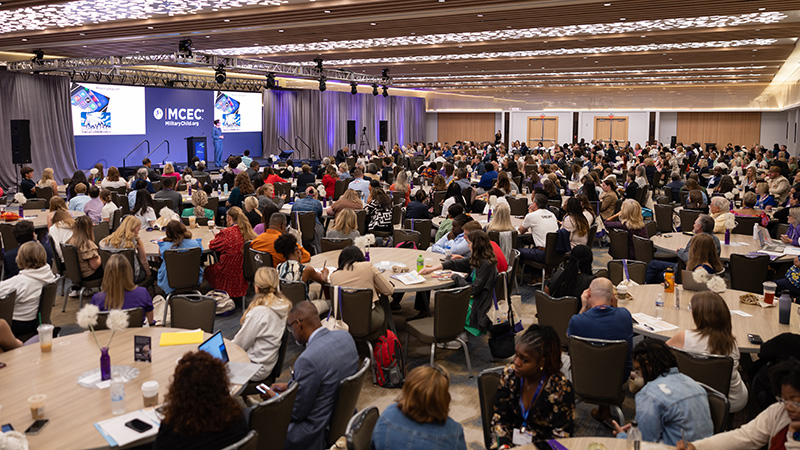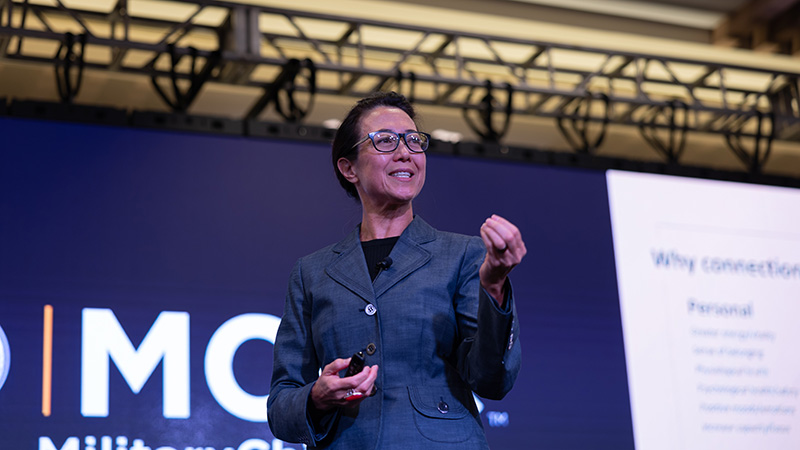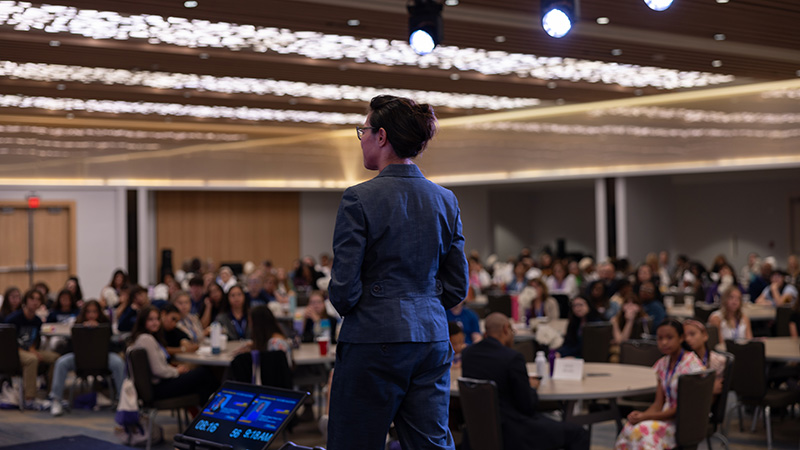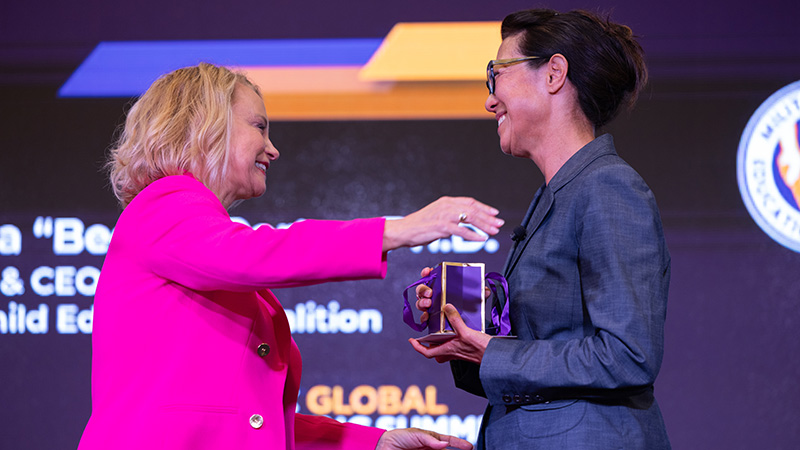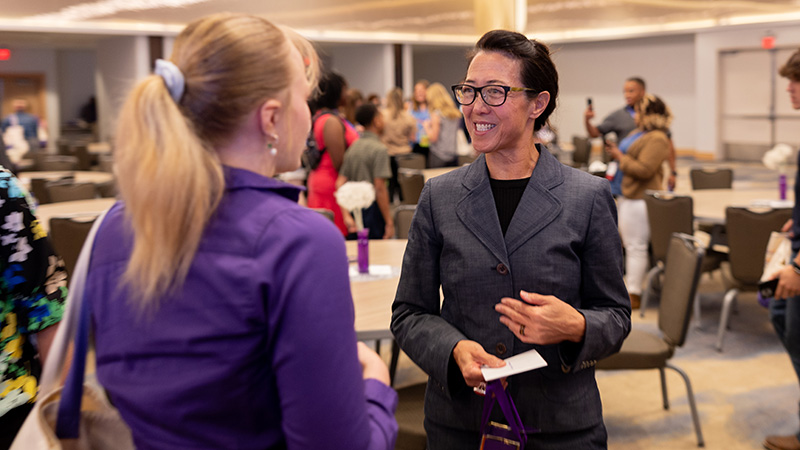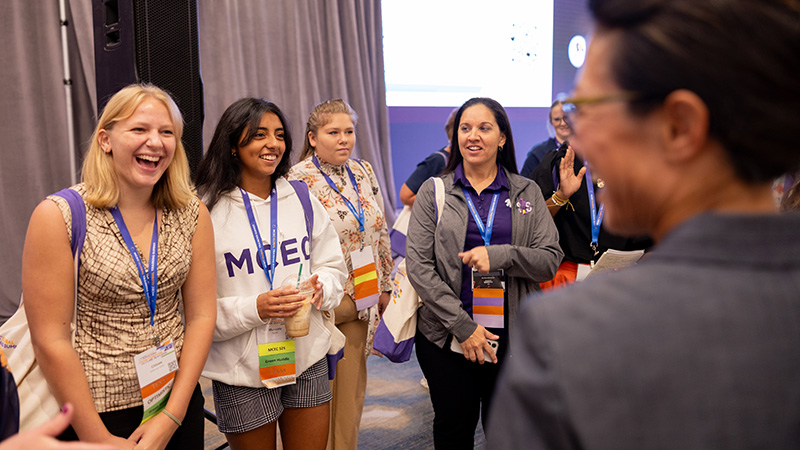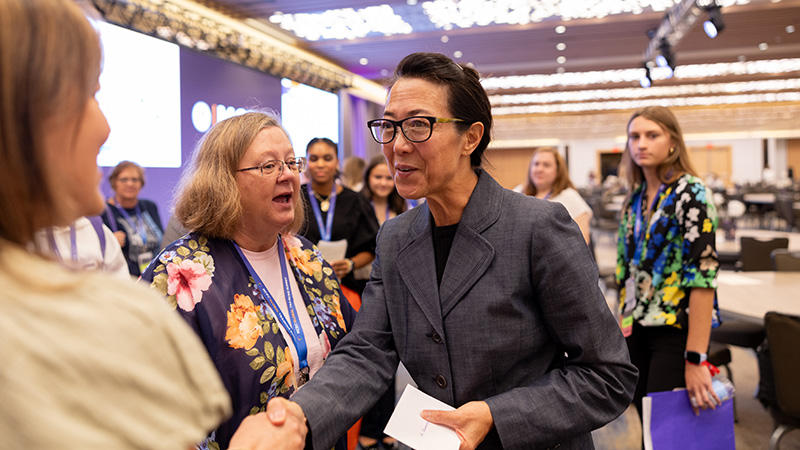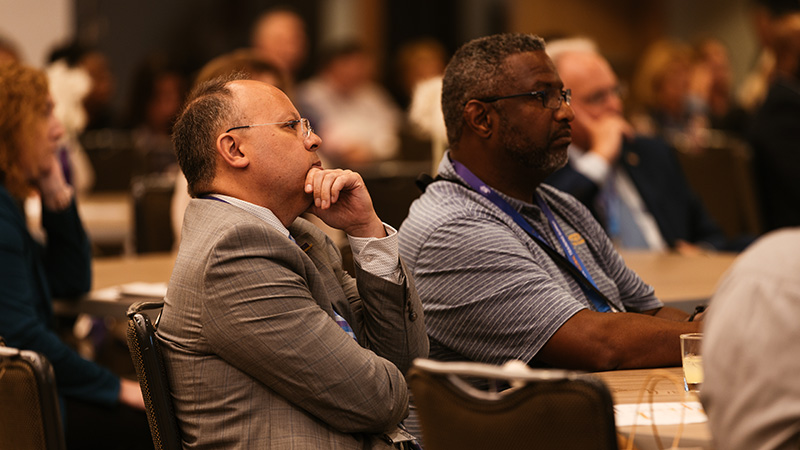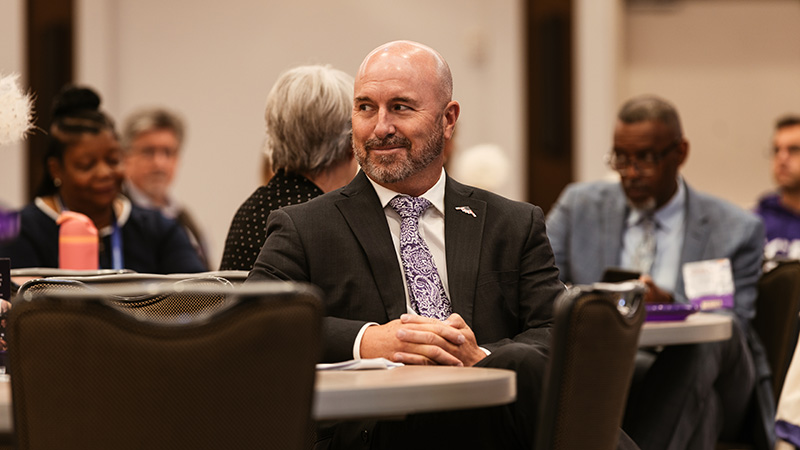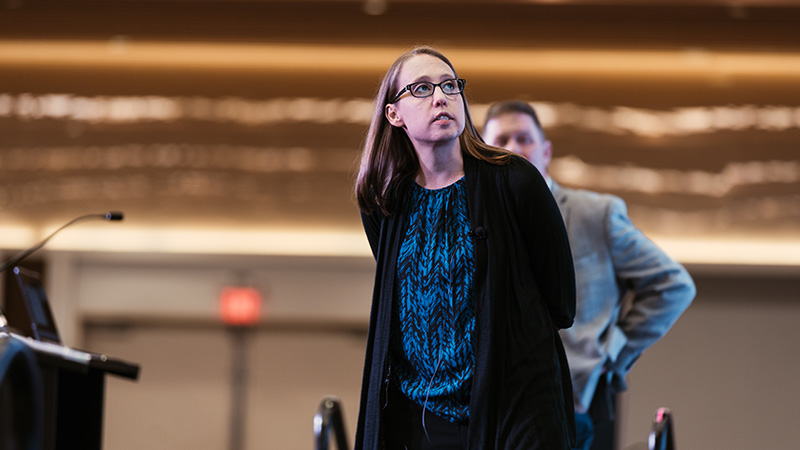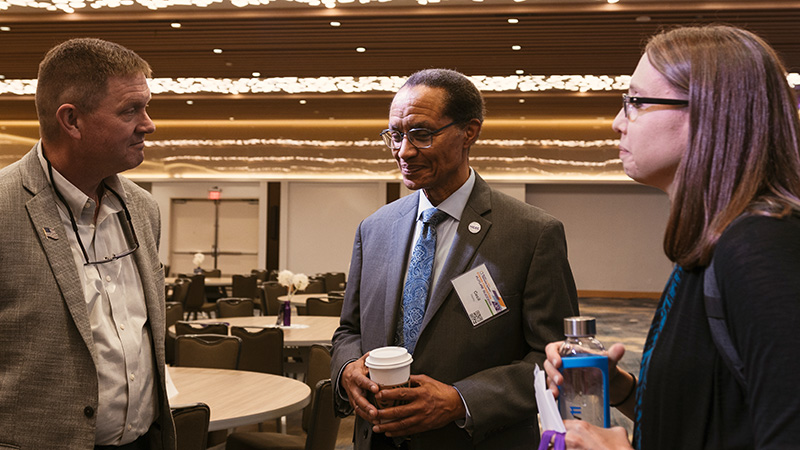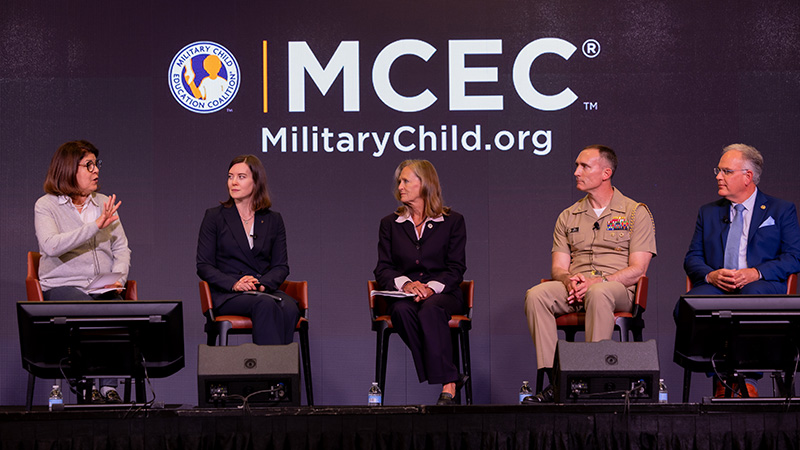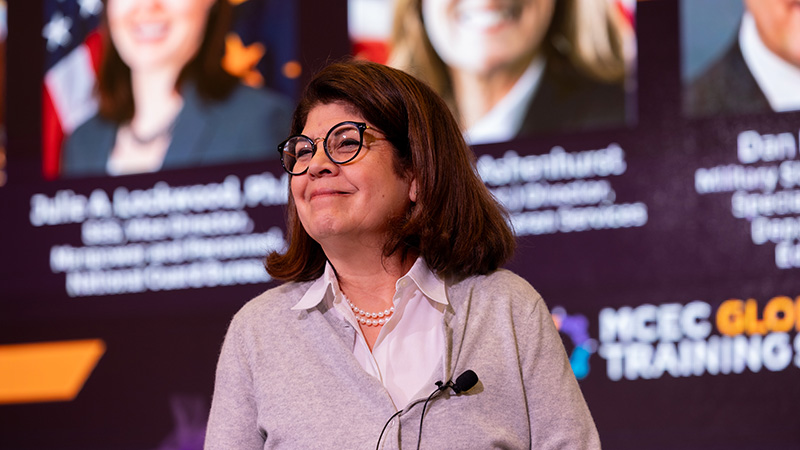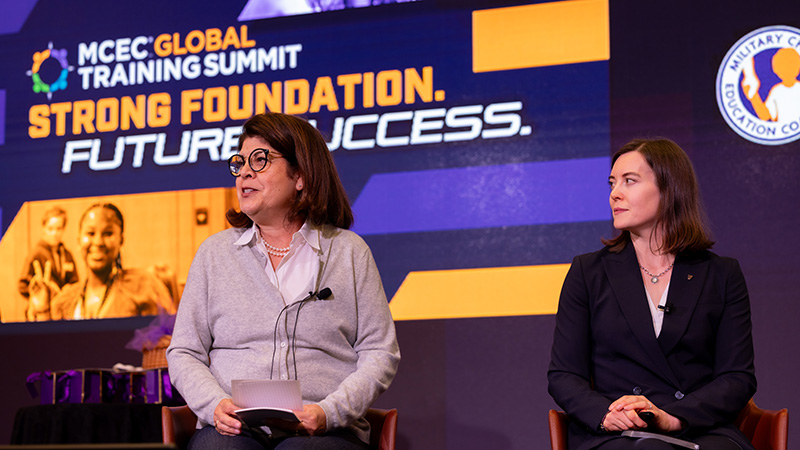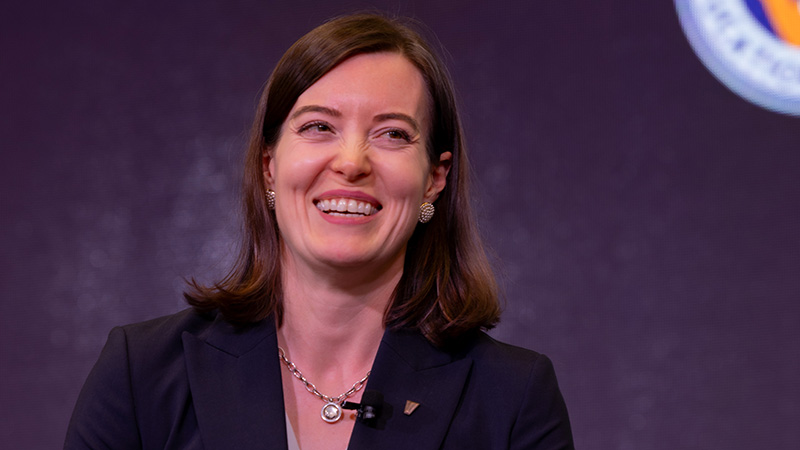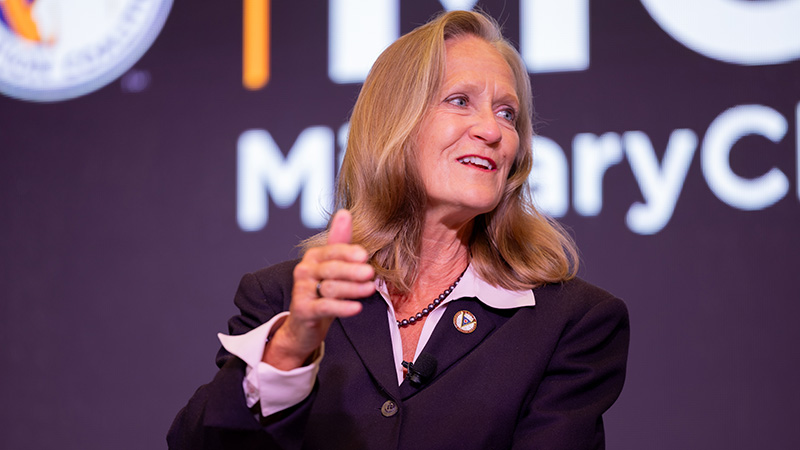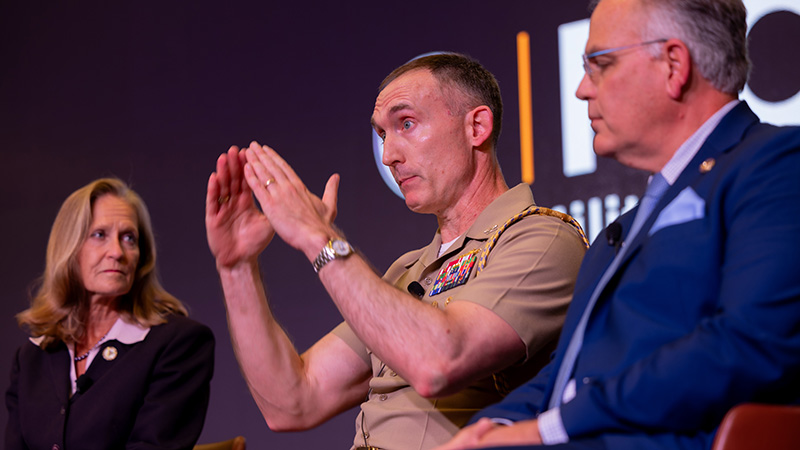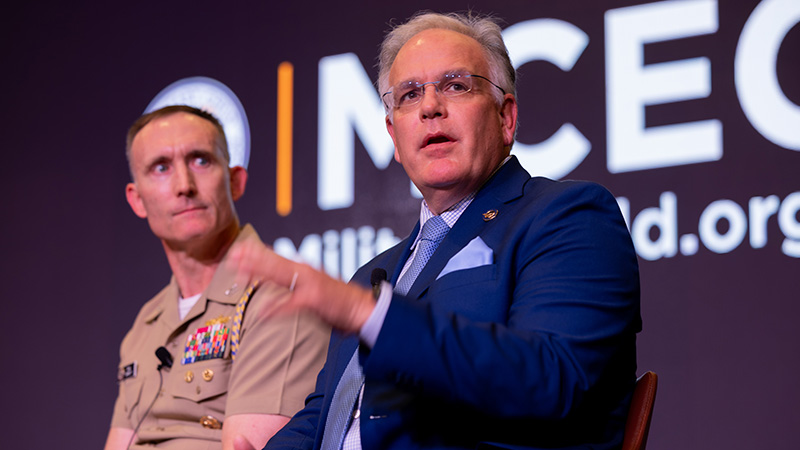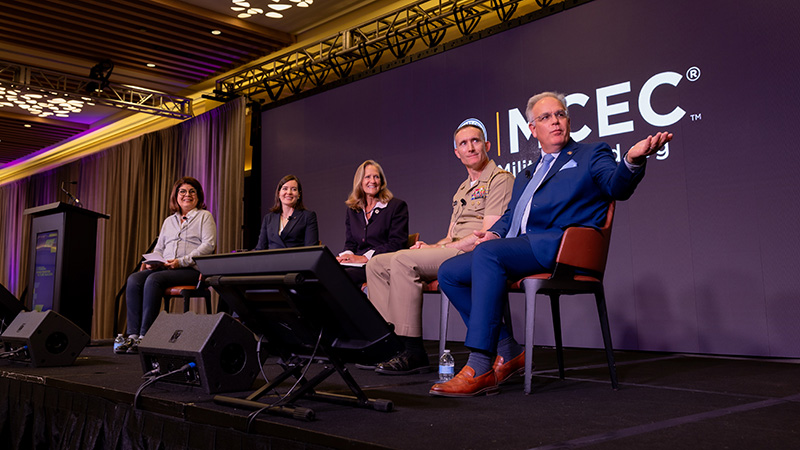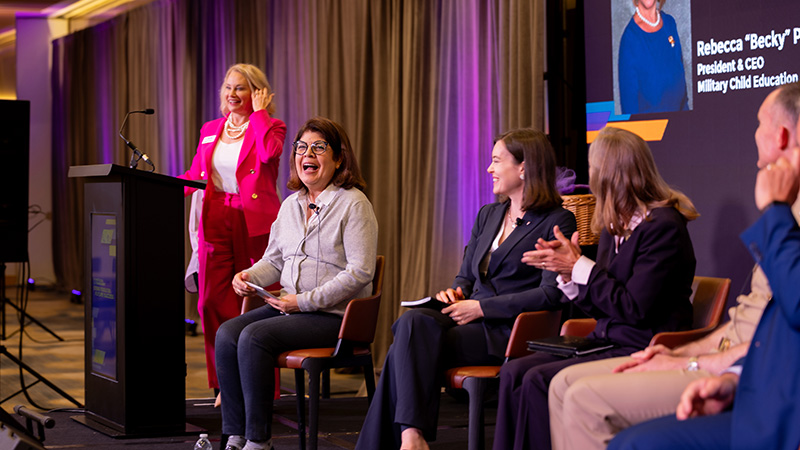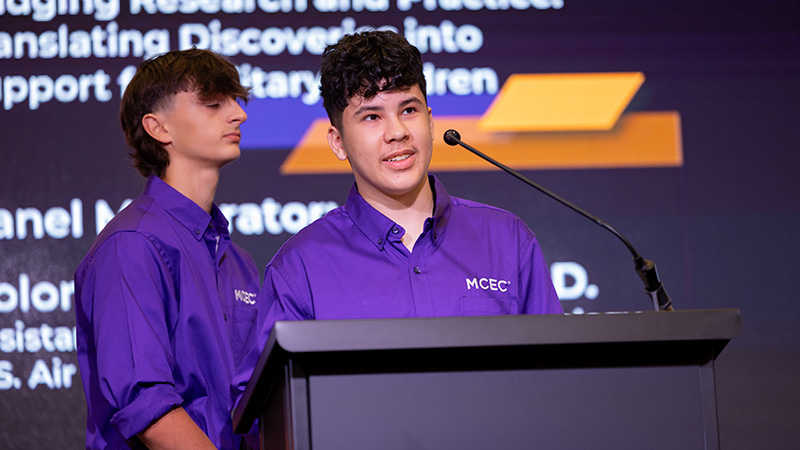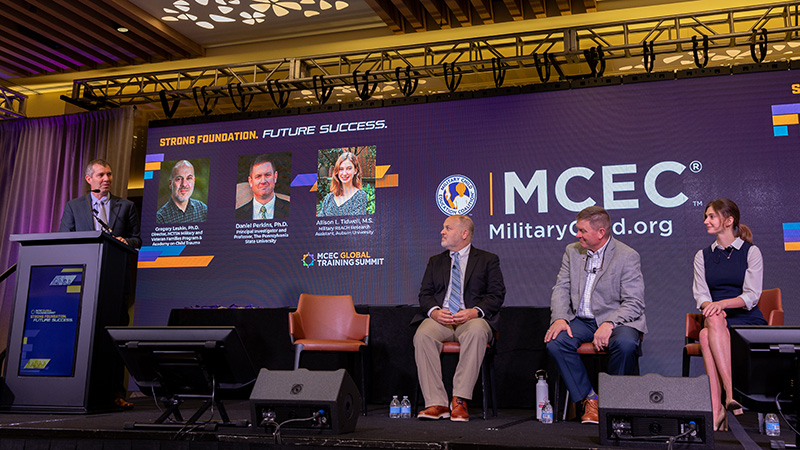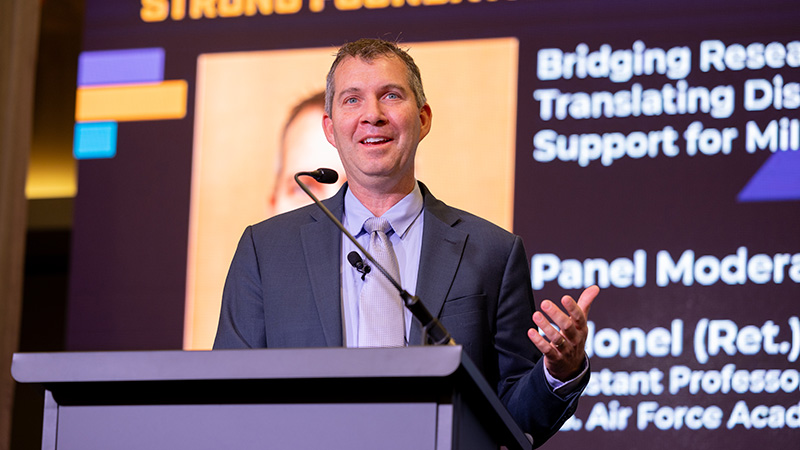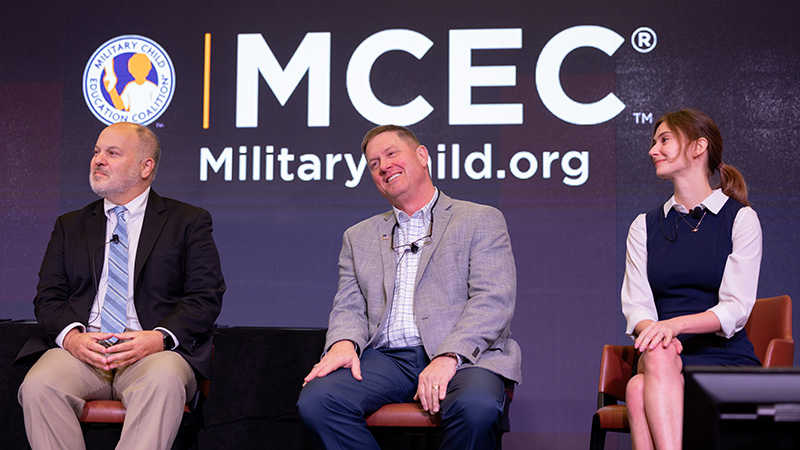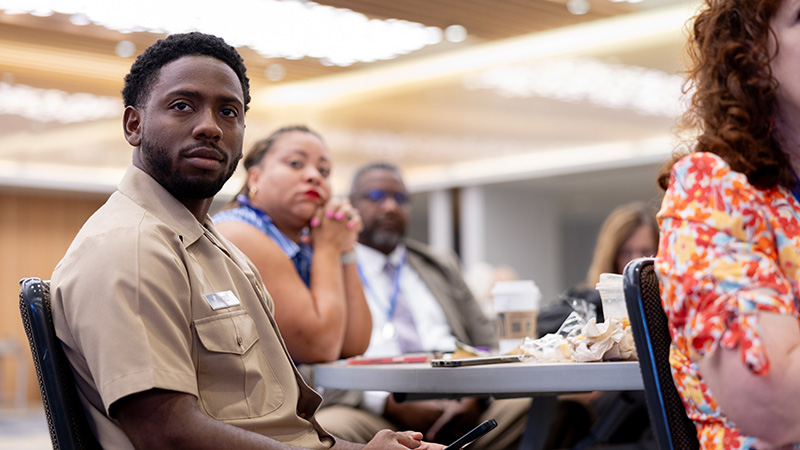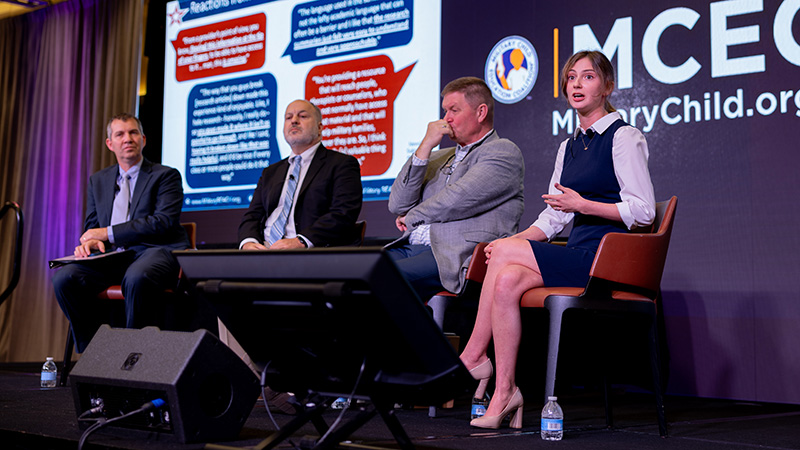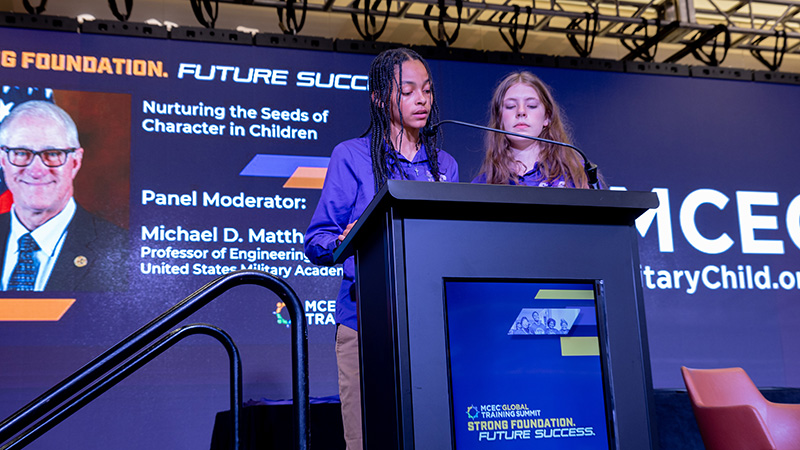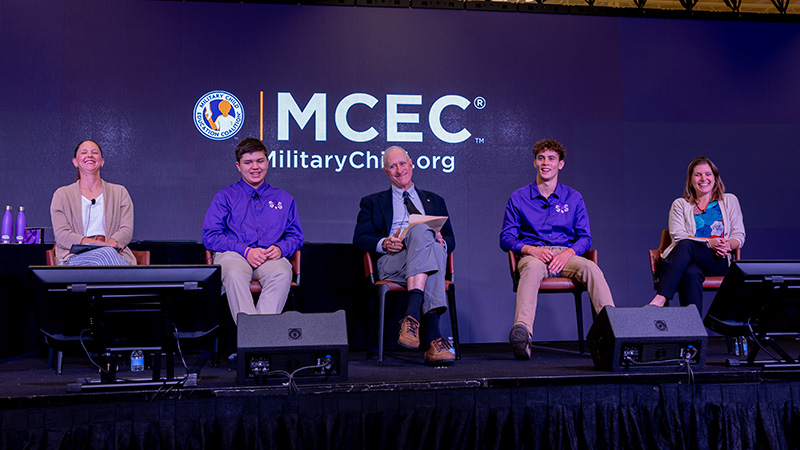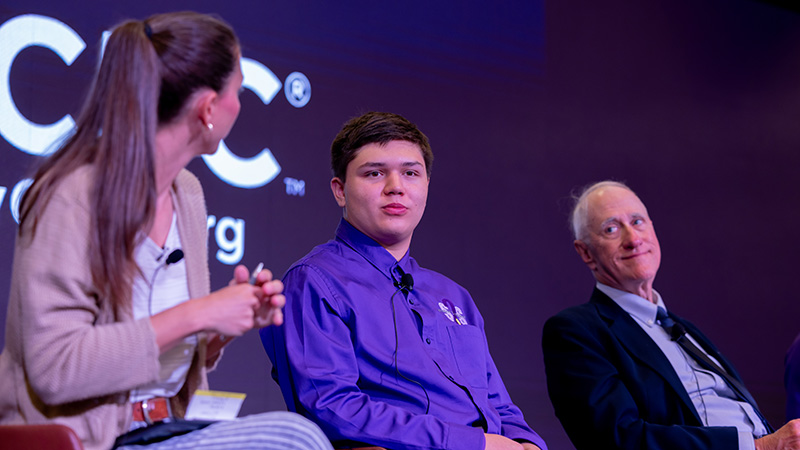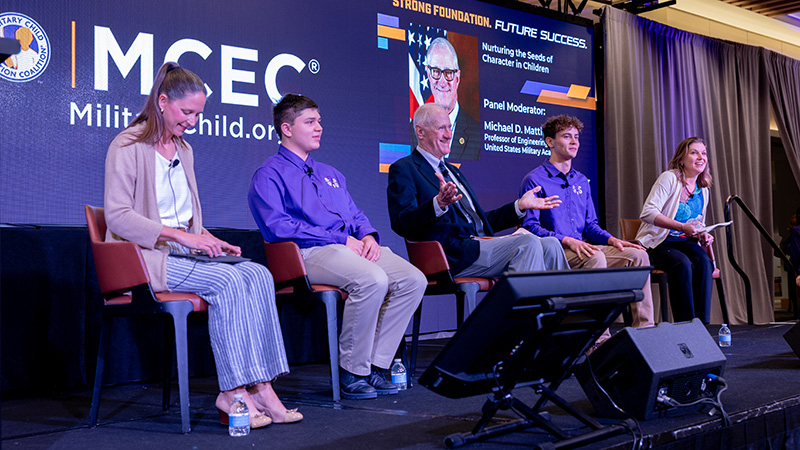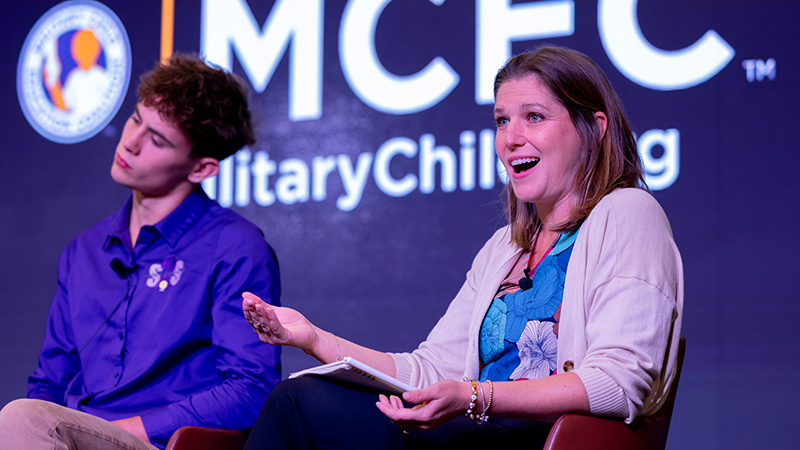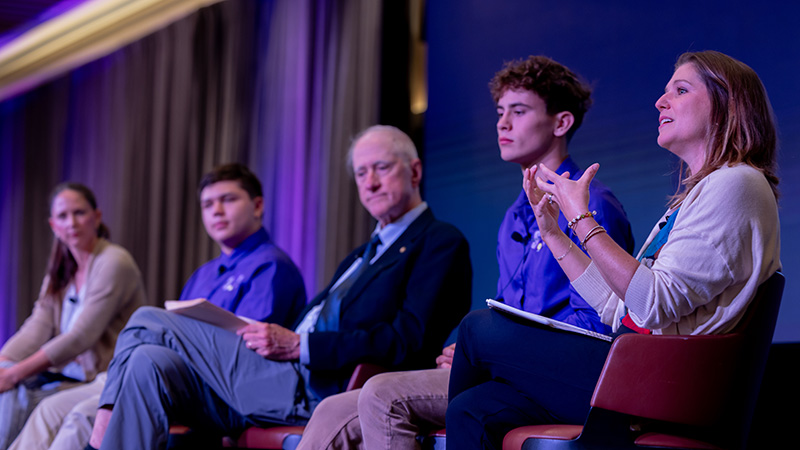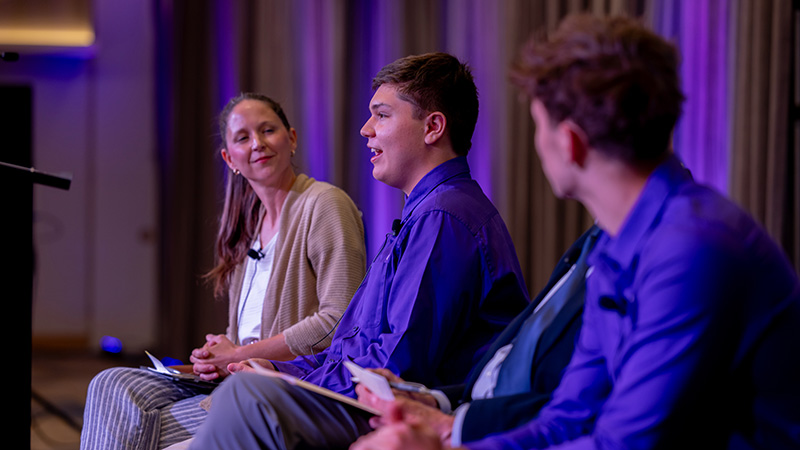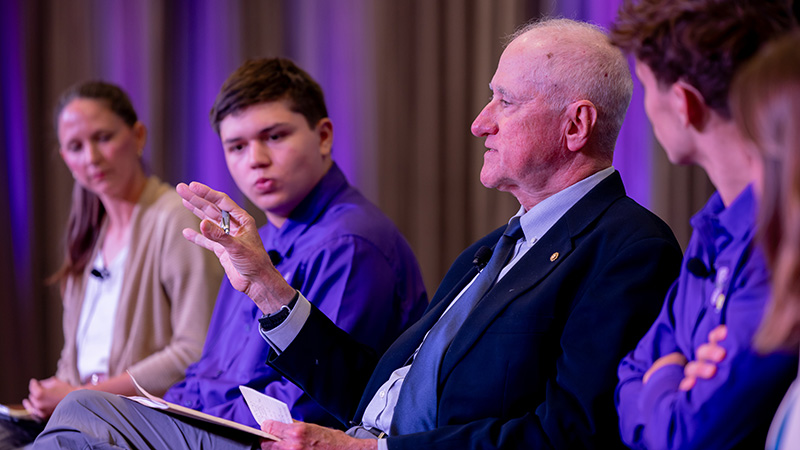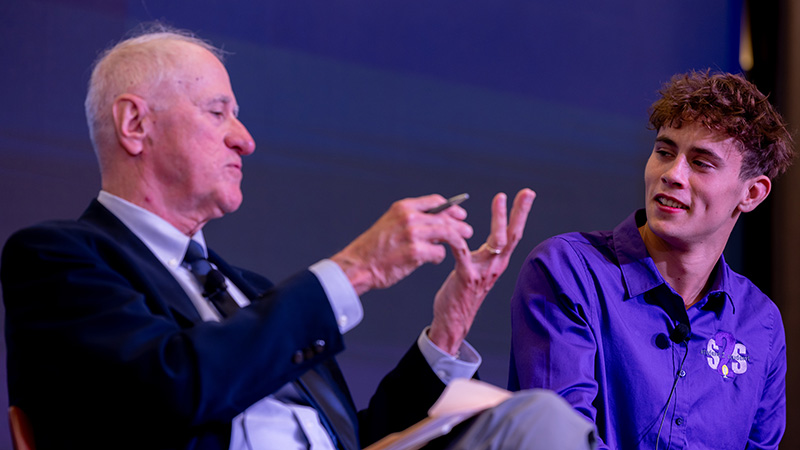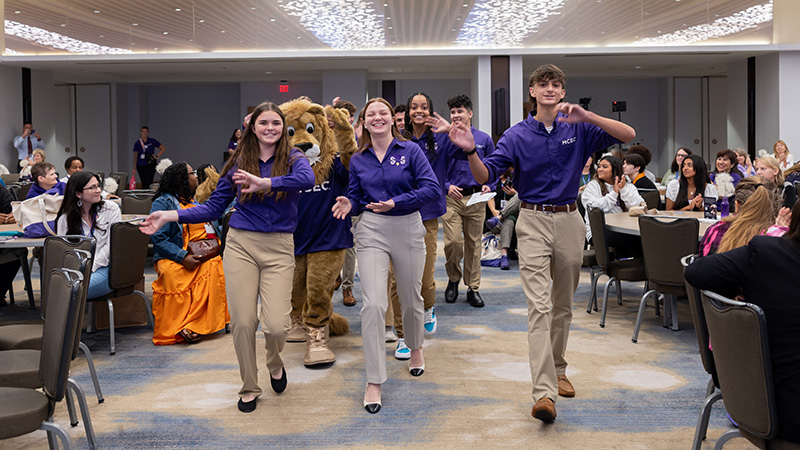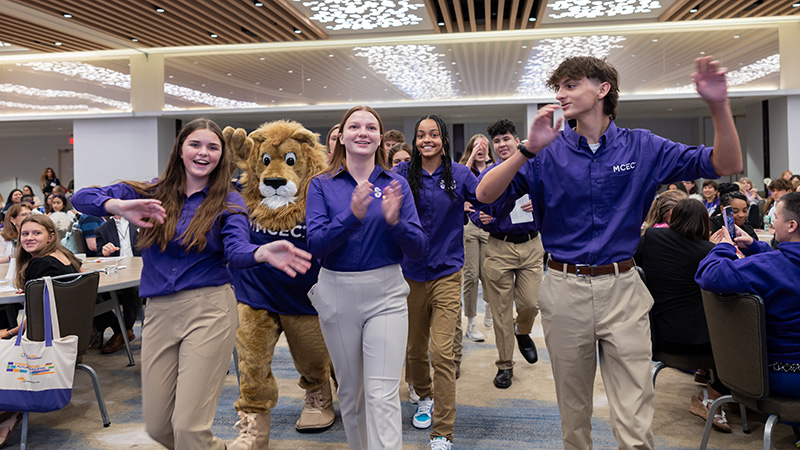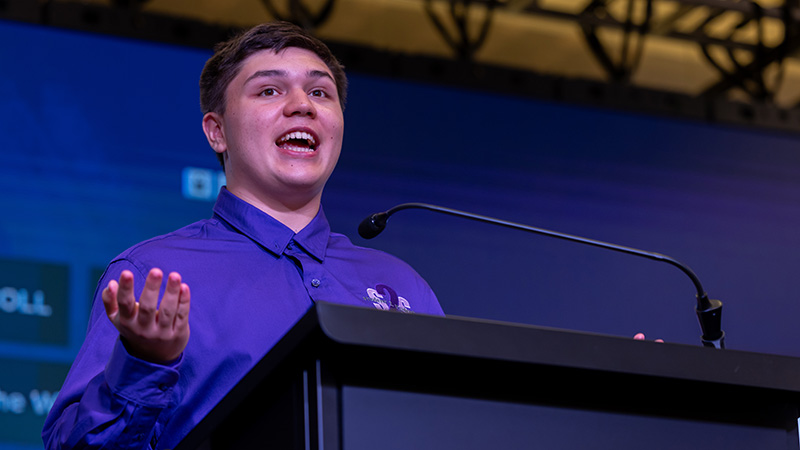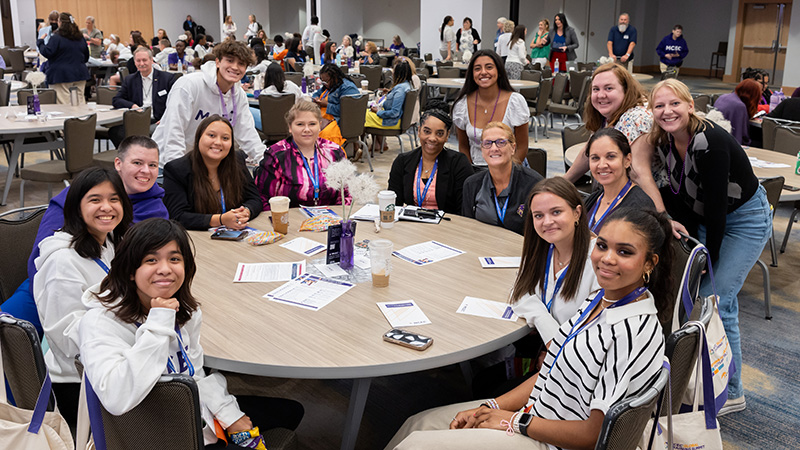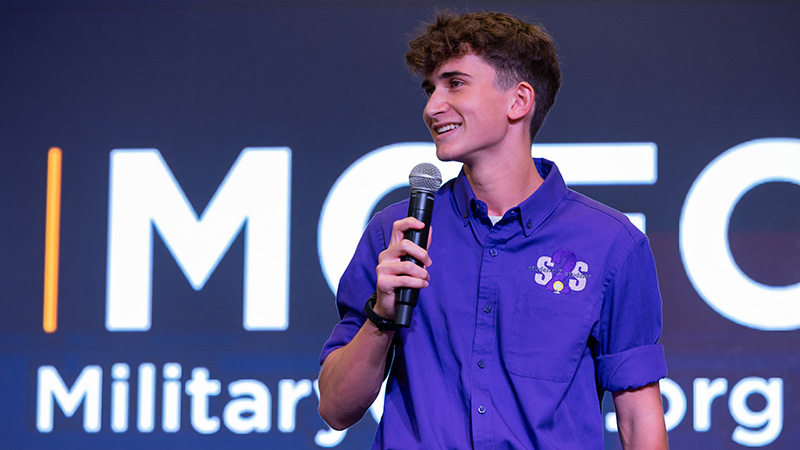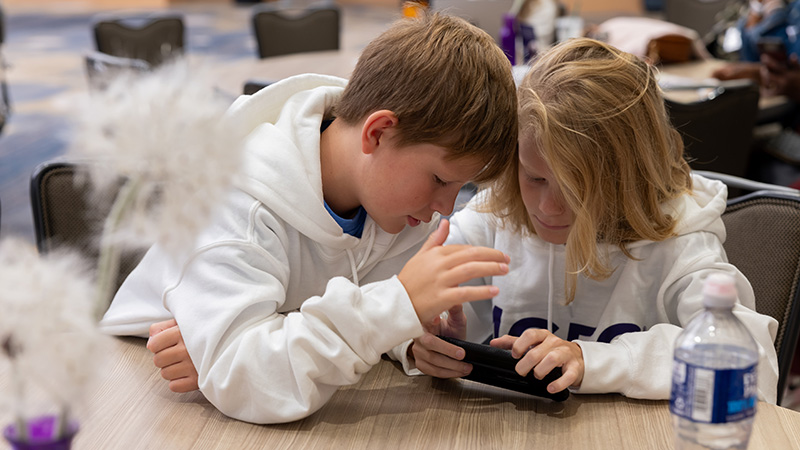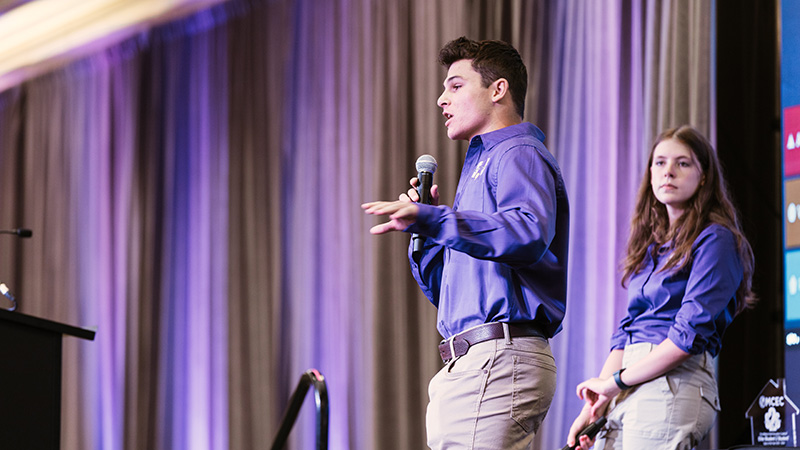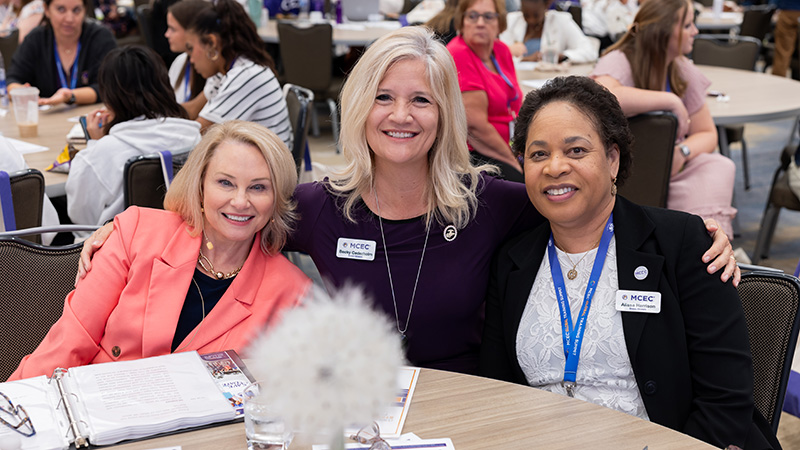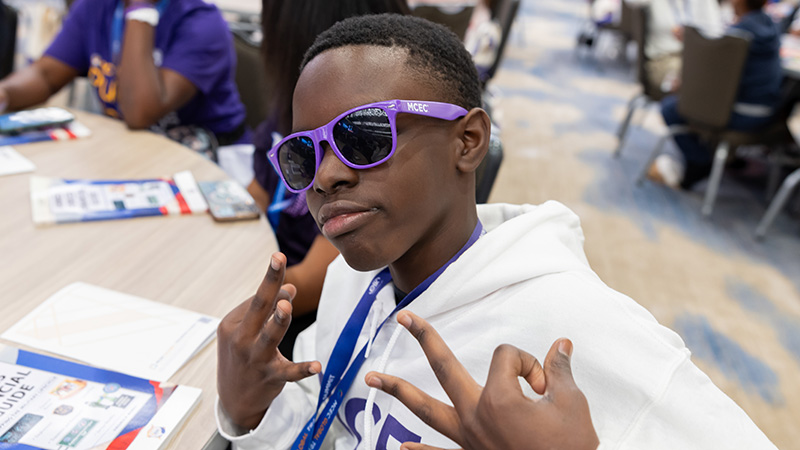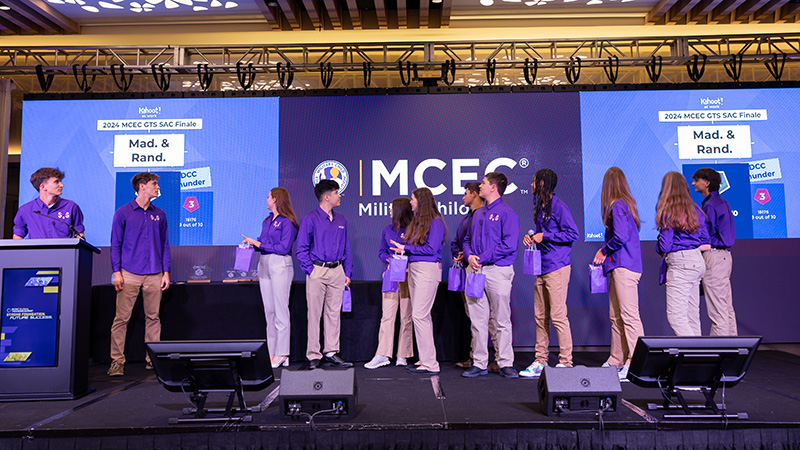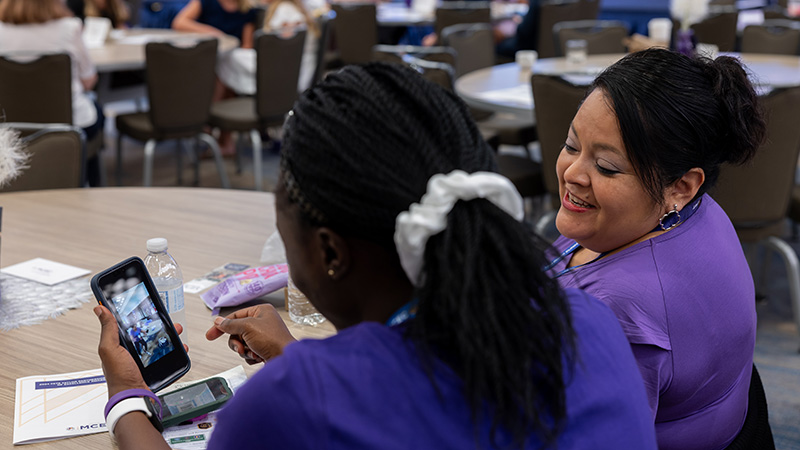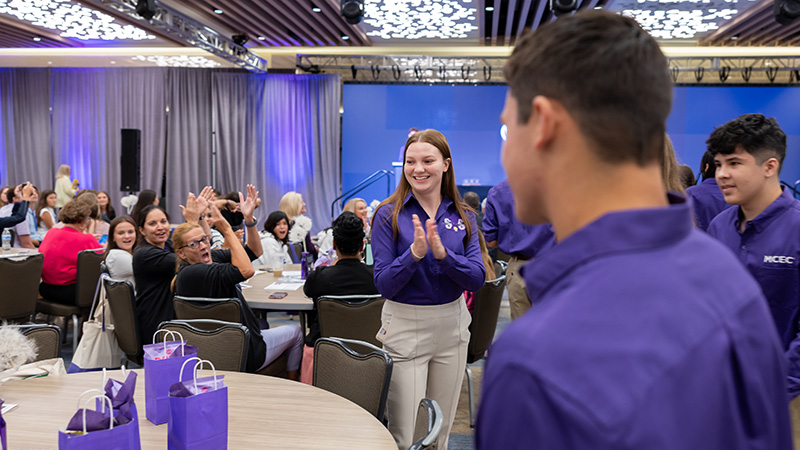Master Class Highlights
In this session, Dr. Kimberly Dickman explored the critical role relationships play in individual happiness, team productivity, and overall mission success. She presented compelling data highlighting an epidemic of loneliness across the nation and discussed how loneliness can lead to a range of mental health challenges. Dr. Dickman emphasized the importance of fostering a sense of belonging and community to combat loneliness and support emotional and mental well-being.
Dr. Dickman also examined the paradox of social media, noting that while these platforms have increased connectivity, they often exacerbate feelings of isolation by presenting idealized versions of life. She stressed the importance of meaningful, in-person interactions and cautioned against relying too heavily on social media for social connection. The session underscored that brief, positive interactions in everyday life can significantly enhance connections and reduce loneliness.
Dr. Dickman further engaged participants in her follow-up Distinguished Lecture, where she led connection-building activities, demonstrating that even quick interactions can create lasting bonds.
Spotlight Series: Increasing Educational Support for Military-Connected Students (Part 1)
State Implementation and Evaluation of New Policy Initiatives: Research Findings
Daniel Perkins, Ph.D.
Principal Investigator and Professor, Clearinghouse for Military Family Readiness, Penn State University
Jennifer Karre, Ph.D.
Research and Evaluation Specialist, Clearinghouse for Military Family Readiness, Penn State University
This Master Class, Part 1 of a two-part series on research findings for state implementation and evaluation of new policy initiatives, focused on improving educational support for military-connected students. Led by Dr. Daniel Perkins and Dr. Jennifer Karre, both from the Clearinghouse for Military Family and Readiness at Penn State University, the session provided an in-depth analysis of four major initiatives: advanced enrollment, the Interstate Compact on Educational Opportunity for Military Children, the military student identifier, and the Purple Star Schools program.
The session revealed significant variability in how these initiatives are implemented across states, highlighting the challenges that arise due to inconsistent definitions of military-connected students and differing levels of policy execution. Dr. Perkins and Dr. Karre shared findings from their comprehensive review of state legislation, educational websites, and data reporting systems. Their research underscored the need for greater transparency and uniformity to ensure military families receive consistent and effective educational support, regardless of where they are stationed.
Spotlight Series: Increasing Educational Support for Military-Connected Students (Part 2)
State Implementation and Evaluation of New Policy Initiatives: Implications & Applications
Patricia Barron — Moderator
Deputy Assistant Secretary of Defense for Military Community and Family Policy
Captain Rich Jarrett
Commander, Navy Installations Command
Julie A. Lockwood, Ph.D.
SES, Vice Director, Manpower and Personnel, National Guard Bureau
Deborah Ashenhurst
(U.S. Army, retired), Director, Ohio Department of Veterans Services
Dan Dunham, M.Ed.
Military Student and Families Specialist, Virginia Department of Education
This Master Class, Part 2 of a two-part series on research findings for state implementation and evaluation of new policy initiatives, focused on the practical implications and applications of key policies designed to support military-connected students. Moderated by Mrs. Patricia Barron, the session featured a diverse panel of experts who shared their experiences and insights on the challenges and opportunities associated with implementing advanced enrollment, the Interstate Compact on Educational Opportunity for Military Children, the military student identifier, and the Purple Star Schools program.
Panelists highlighted the importance of community engagement, collaboration between military installations and local schools, and the need for consistent support across different states and regions. Discussions also emphasized the unique needs of National Guard families and the impact of geographic location on policy implementation. The session underscored the critical role of technology in enhancing communication and support for military-connected students, with panelists encouraging the exploration of innovative solutions to better serve these families.
Bridging Research and Practice: Translating Discoveries into Support for Military Children
Colonel (Ret.) Eric Flake, M.D. – Moderator
Center for Health Studies Research, Uniformed Services University
Gregory Leskin, Ph.D.
Director, NCTSN Military and Veteran Families Program & Academy on Child Trauma
Daniel Perkins, Ph.D.
Principal Investigator and Professor, The Pennsylvania State University
Allison L. Tidwell
Military REACH Research Assistant, Auburn University
This Master Class explored how cutting-edge research can be turned into practical tools for military-connected children. Led by Dr. Eric Flake, MCEC Science Advisory Board (SAB) Co-Chair and developmental behavioral pediatrician, the session featured insights from fellow SAB members Dr. Greg Leskin of UCLA and Dr. Danny Perkins of Penn State. Allison Tidwell from Auburn University also joined the panel of experts. Each panelist shared unique perspectives on translating scientific discoveries into meaningful support for the educational and emotional well-being of military children.
The session covered innovative strategies for addressing challenges faced by military families, including mental health concerns, digital empowerment, and trauma-informed care. The panel of experts used their experiences and insights to emphasize the importance of bridging the gap between research and real-world application to ensure that programs and policies are evidence-based and effective.
Nurturing the Seed of Character in Children
Michael D. Matthews, Ph.D. – Moderator
Professor of Engineering Psychology, United States Military Academy
Lacey J. Hilliard, Ph.D.
Assistant Professor of Applied Developmental Psychology, Social Development & Social Issues Lab at Suffolk University
Andrea Vest Ettekal, Ph.D.
Associate Professor, Applied Youth Development Initiative, Texas A & M University
Finn and Nicholas
MCEC Student Advisory Council members
This Master Class was led by West Point’s Dr. Mike Matthews, who has conducted extensive research in character development, particularly among cadets at the U.S. Military Academy. The session focused on the importance of cultivating character during youth — a period widely recognized by philosophers and psychologists as crucial for character formation.
Dr. Andrea Ettekal highlighted how out-of-school programs can foster both performance and moral virtues, emphasizing that strong character must be cultivated intentionally through high-quality programs. She warned that low-quality programs can be harmful.
Dr. Lacey Hilliard discussed the impact of media on character development, stressing the importance of media literacy and environments that encourage positive traits. She introduced the concept of media as mirrors, windows, and sliding glass doors—tools for understanding and connecting with diverse experiences.
The session featured insights from high school student leaders Finn M. and Nicholas V., who discussed how their extracurricular activities and participation in the FHSLP have shaped their leadership skills and character. The discussion underscored that character development is a lifelong process, requiring intentional effort and supportive environments.
Amplifying Student Voices
With Student Advisory Council Members:
Brianna, Delaney, Emily, Emma, Finn, Harlon, Jacob, Julio, Kiani, Mya, Nicholas, and Storm
The MCEC Student Advisory Council (SAC) closed out GTS by taking over the main stage and elevating student voices through an interactive team-based Q&A quiz. SAC members also highlighted their unique experiences as military-connected students and youth caregivers by sharing their personal perspectives.
The session showcased how no two students’ experiences are the same and the importance of amplifying student voices.
